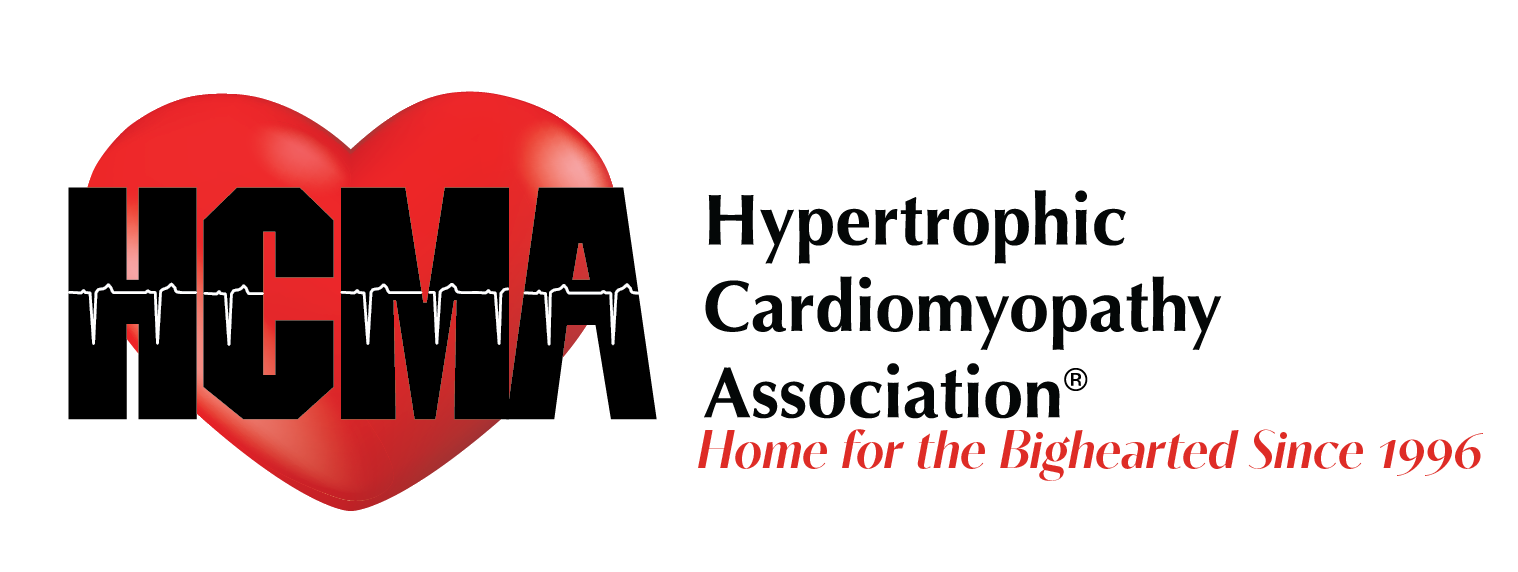What’s the status of septal myectomy today? A recent review paper by an Expert Panel for the American Journal of Cardiology ( Maron et al. 2022 ) concludes that “Surgical myectomy remains the time-honored primary treatment for hypertrophic cardiomyopathy patients with drug refractory limiting symptoms due to LV outflow obstruction.”
One of the safest of heart procedures
Septal myectomy – especially at high-volume centers – is one of the safest of heart procedures, and has a strong record of safely improving patient’s symptoms of heart failure. The authors review alternatives – useful especially in those who are poor surgical candidates – and drug treatments. Myectomy is used in those who are unresponsive to drug therapy.
What about myosin inhibitors?
Does the emergence of the new myosin-inhibiting drugs ( Camzyos , and others being tested) change this? No, the authors conclude. There will continue to be patients who will not respond to these drugs, or who cannot handle their considerable financial burden. Nor is it yet known whether myosin inhibitors will succeed as lifelong treatments; they may turn out to often be most useful in helping patients delay myectomy.
Conclusion
The authors emphasize that “As new medical initiatives emerge, it is particularly important to underscore the effectiveness of septal myectomy in the State-of-the-Art management of severely symptomatic obstructive HCM patients, careful to avoid delay or under-utilization of operative intervention.”
Literature cited
Maron, B. J., Dearani, J. A., Smedira, N. G., Schaff, H. V., Wang, S., Rastegar, H., Ralph-Edwards, A., Ferrazzi, P., Swistel, D., Shemin, R. J., Quintana, E., Bannon, P. G., Shekar, P. S., Desai, M., Roberts, W. C., Lever, H. M., Adler, A., Rakowski, H., Spirito, P., Nishimura, R. A., Ommen, S. R., Sherrid, M. V., Rowin, E. J., and Maron, M. S. 2022. Ventricular Septal Myectomy for Obstructive Hypertrophic Cardiomyopathy (Analysis Spanning 60 Years Of Practice): AJC Expert Panel. The American Journal of Cardiology 180: 124–139. https://doi.org/10.1016/j.amjcard.2022.06.007
The post Septal Myectomy Today appeared first on Hypertrophic Cardiomyopathy Association.

 Translate
Translate


